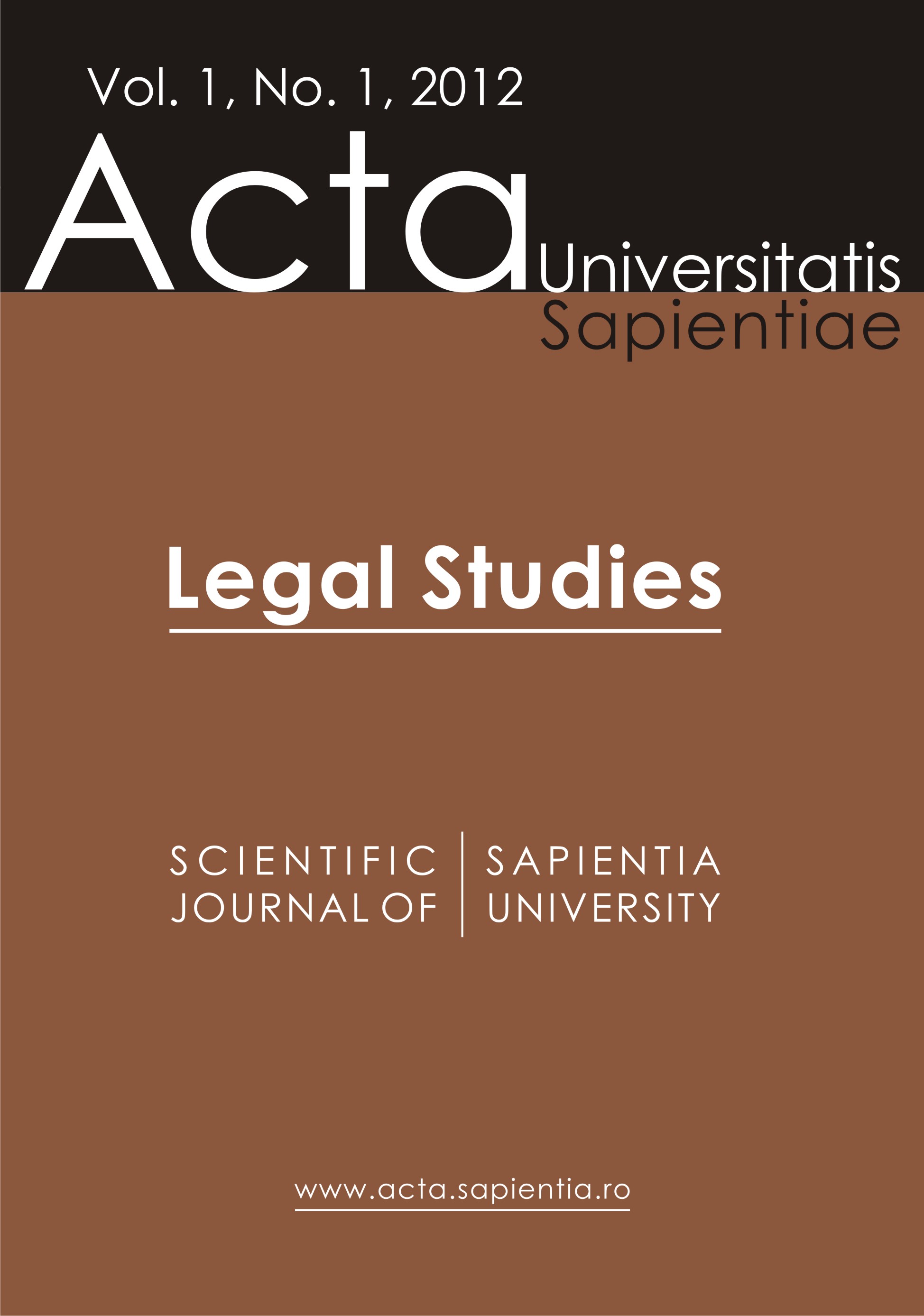Tatbestandsbehandlung und forensische Taktik in Ciceros Cluentiana
Case Management and Forensic Tactics in Cicero's Cluentiana
Author(s): Tamás NótáriSubject(s): Law, Constitution, Jurisprudence, History of Law
Published by: Scientia Kiadó
Keywords: Cicero; Pro Cluentio; quaestio de sicariis et veneficis; antic rhetorics
Summary/Abstract: The statement of the defence delivered in the criminal action (causa publica) of Aulus Cluentius Habitus—Cicero’s longest actually delivered speech left to us—is from 66, that is, the year when Cicero was praetor. In certain respect, it is the precious stone of Cicero’s ars oratoria since its narrative is vivid, full of turns like a crime story; events, scenes, planes of time replace one another boldly, sometimes seemingly illogically but, being subordinated to the effect the orator means to attain, in an exactly premeditated sequence. Cluentius was charged, on the one hand, with poisoning his stepfather, Statius Albius Oppianicus. The other part of the charge was founded on the criminal proceedings under which eight years before Cluentius charged Oppianicus with poisoning attempt against him, as a result of which Oppianicus was compelled to go into exile—in the current lawsuit, however, the prosecution brought it up against him that the former court of justice declared Oppianicus guilty purely because Cluentius had bribed the judges. Lex Cornelia de sicariis et venefi cis of 81 served as basis for judging crimes that provide grounds for the charge of poisoning; however, the prohibition of bribing judges applied to the order of senators only, and Cluentius belonged to the order of knights. First, we intend to outline the historical background of the oration, so to say, the historical facts of the case; then, we turn our attention to the opportunity of applying statutory facts of the case, i.e., lex Cornelia de sicariis et venefi cis. After that—in accordance with the system of arguments divided into two of the oratio—we analyse handling of the charge of bribe arising in relation to iudicium Iunianum and discussed at length, and the counts of the indictment on poisoning commented upon shortly by Cicero, in terms of the rhetorical tactics and handling of the facts of the case followed in the speech. Finally, we examine the rhetorical tools of Cicero’s strategy to explore how the orator handled, modifi ed or distorted the system of the charges and chronology—to support the argument, which can be considered brilliant with a lawyer’s eyes too.
Journal: Acta Universitatis Sapientiae, Legal Studies
- Issue Year: 1/2012
- Issue No: 1
- Page Range: 45-89
- Page Count: 45
- Language: German

